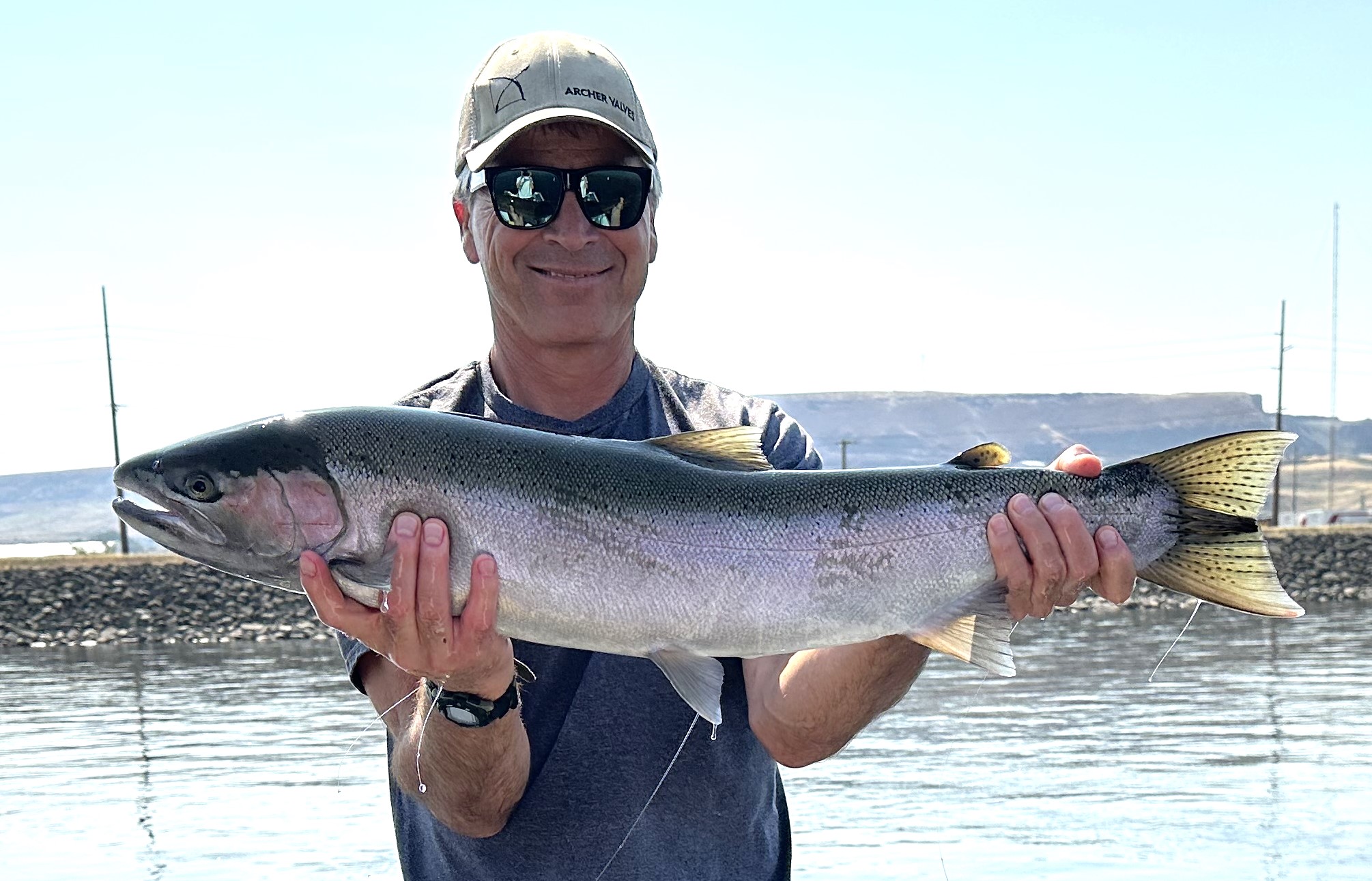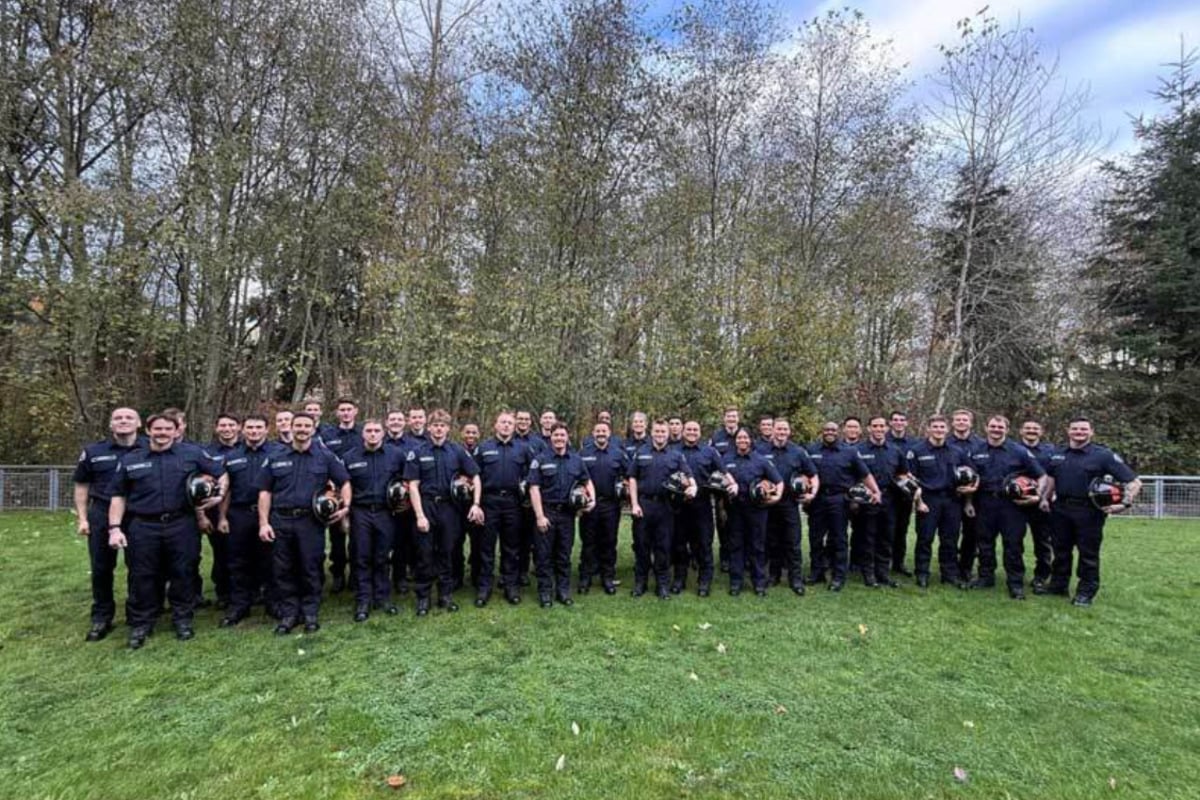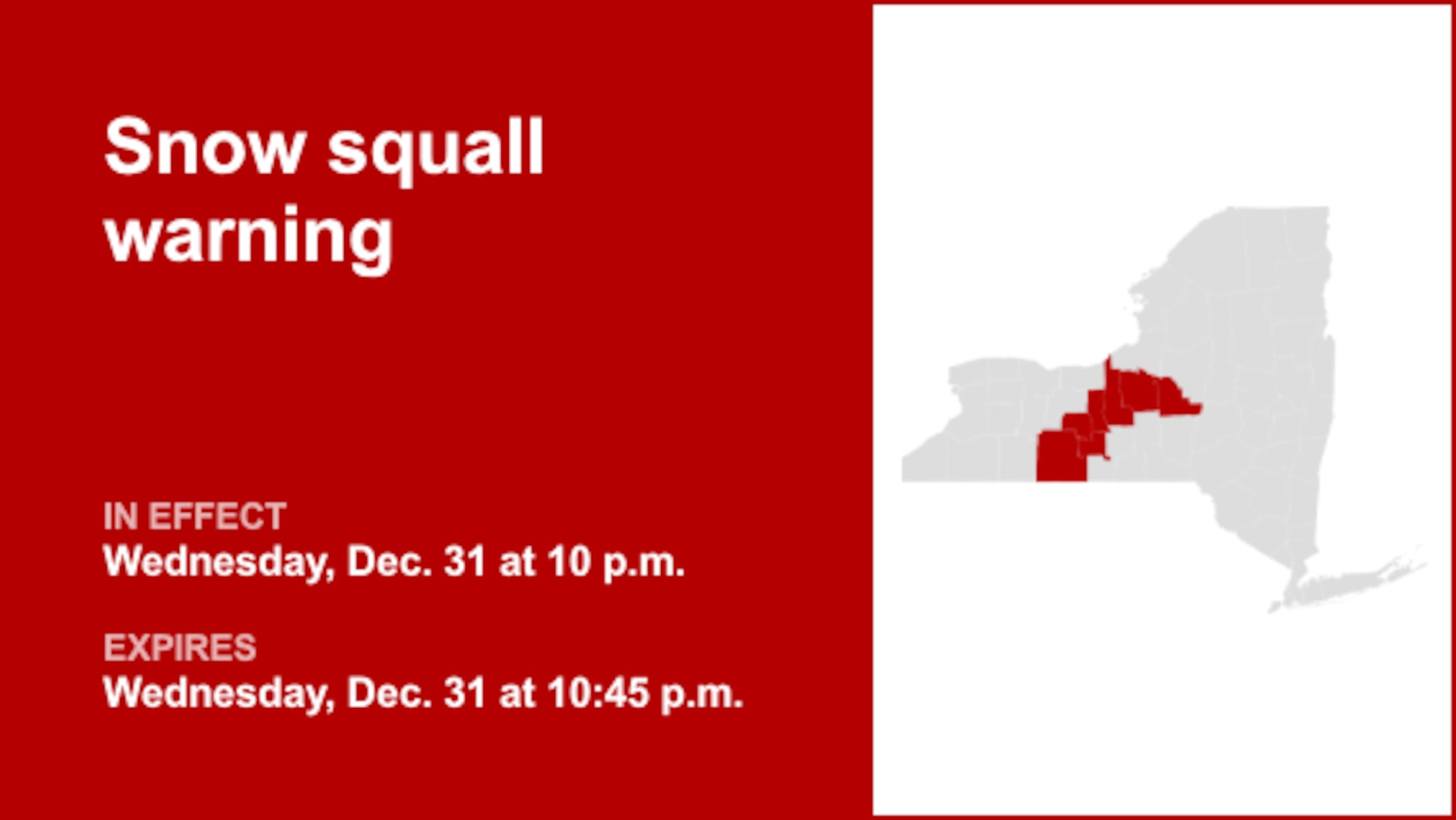URGENT UPDATE: Joe DuPont, the influential fisheries manager for the Clearwater Region, is retiring after 18 years dedicated to enhancing Idaho’s vibrant fisheries. Known for his impactful management strategies and community engagement, DuPont’s departure marks a significant shift in the state’s approach to fisheries, particularly in the renowned Clearwater Region.
DuPont’s journey began unexpectedly while studying at the University of Idaho, where he initially aimed for a career in medicine. However, a chance application for a Fish and Game position led him to a fulfilling career in fisheries management, ultimately shaping the state’s fishing policies and practices.
During his tenure, DuPont navigated the complexities of managing popular fisheries, including the Hells Canyon stretch of the Snake River, famous for its massive white sturgeon, and the Clearwater River, a hotspot for salmon and steelhead fishing. He implemented innovative communication strategies, such as a weekly email update for anglers, which grew from 200 to 2,000 subscribers in just a few years. This initiative drastically improved public relations and transparency, allowing the fishing community to stay informed and engaged.
DuPont faced challenges, particularly with the spring chinook fisheries, which often frustrated anglers due to unpredictable runs. His proactive approach included creating a harvest matrix that balanced public desires with conservation needs, ultimately extending fishing seasons while maintaining sustainable practices.
Recognizing the need for change, DuPont also led a groundbreaking overhaul of the steelhead fishery on the Clearwater River. The previous structure faced criticism for being too rigid, and after collaborating with a diverse group of anglers, DuPont successfully introduced a new schedule that allows for earlier harvest seasons. This initiative has been met with enthusiasm from the fishing community, enhancing opportunities while preserving the integrity of the fishery.
His legacy includes the successful development of Deyo Reservoir, which transitioned from a concept to a thriving recreational site, complete with a popular campground. DuPont reported, “To see that kind of project to fruition is pretty amazing.”
As DuPont retires this month, he leaves behind a transformed fisheries landscape in Idaho, one that is not only more sustainable but also deeply connected to the community. “The work we do is not just fun; it’s fascinating and meaningful,” he said.
Looking ahead, the Idaho Department of Fish and Game will need to find someone who can continue DuPont’s commitment to both the fish populations and the passionate anglers who depend on them. His departure is a significant moment for Idaho’s fishing community, and many will be watching closely to see how his successor adapts to the evolving challenges of fisheries management.
Stay tuned for further updates on this developing story as Idaho prepares for a new chapter in its fisheries management under new leadership.






